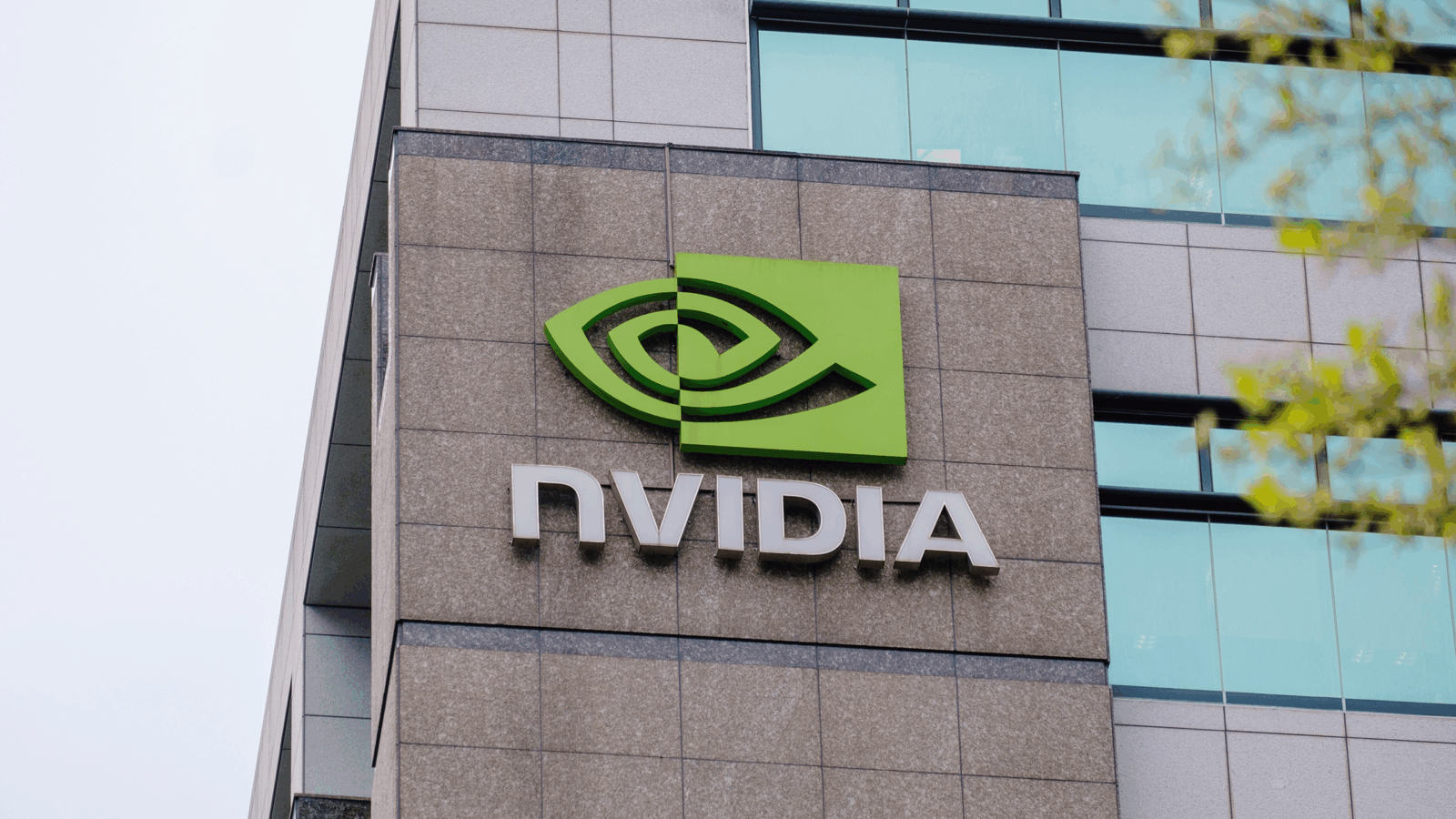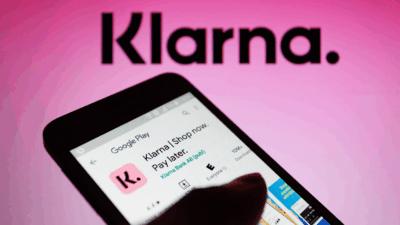Best Buy and Amazon Are Among Most Impersonated Companies by Scammers
Impersonation frauds were the most common scams reported to the FTC in 2023, accounting for $2.7 billion in losses.

Sign up for smart news, insights, and analysis on the biggest financial stories of the day.
Though it flies in the face of The Who’s 1971 hit, we probably will get fooled again.
In 2023, scammers stole a record $10 billion from Americans, according to the Federal Trade Commission, and in many cases, the swindlers were emboldened by impersonating familiar and popular companies like Amazon, Best Buy, and Apple.
Gone Fishing
If the Frank Abignale biopic “Catch Me If You Can” taught us anything, it’s that it’s pretty easy to impersonate someone else. Just put on some aviators and a captain’s hat and — BOOM! — you’re a pilot. But in the age of digital transactions, fake emails, and burner phones, playing Pan Am dress-up is a little overkill.
Now, it’s as simple as saying you’re part of a major company that people interact with on a daily basis. Impersonation frauds were the most common scams reported to the FTC in 2023, accounting for $2.7 billion in losses. And the scams come in all different forms including requests for cryptocurrencies, bank transfers, and even Target gift cards:
- Last year, consumers submitted roughly 52,000 reports of scammers impersonating Best Buy or its Geek Squad tech support brand, making the electronics outlet the most popular choice among grifters. The second most impersonated business was Amazon, with 34,000 consumer reports, followed by PayPal with 10,000. Norton/Lifelock, Apple, Comcast/Xfinity, Bank of America, and Wells Fargo were also among the most impersonated companies.
- Though ranking just fourth and fifth, respectively, for the number of reports, scammers impersonating Microsoft and Publishers Clearing House, famous for its oversized checks, tricked Americans out of $60 million and $49 million, respectively — the largest sums among the most impersonated companies.
Fool Me Once, Fool Me Twice: The FTC just started enforcing a new rule that it say “gives the agency stronger tools to combat and deter scammers who impersonate government agencies and businesses, enabling the FTC to file federal court cases seeking to get money back to injured consumers and civil penalties against rule violators.” That wasn’t being done already?!











